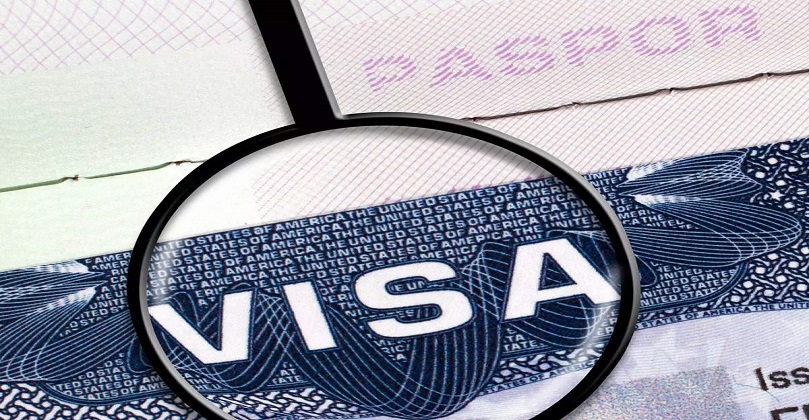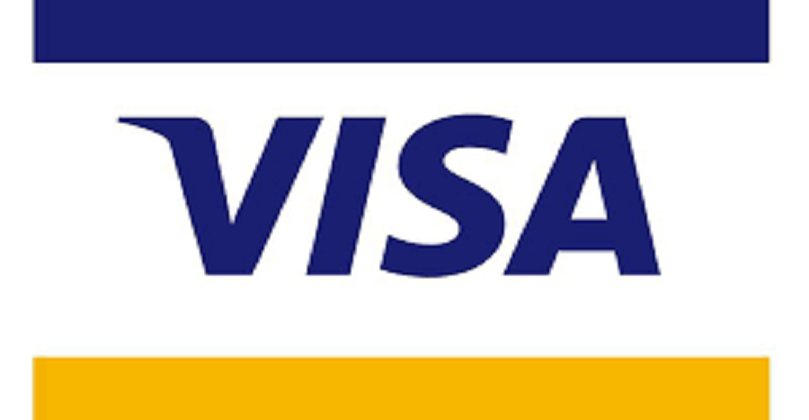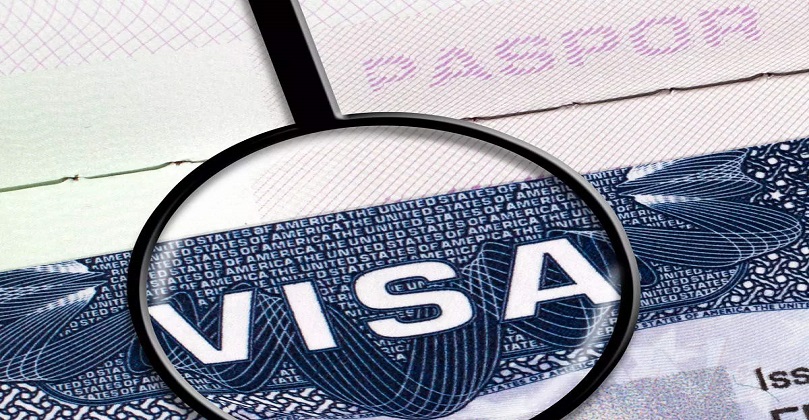Table of Contents
Ethiopians Travelling To Europe – EU Entry Requirements For Ethiopian Citizens: Ethiopia is one of the fastest-growing economies in Africa, with a rich cultural heritage and a growing number of citizens seeking new opportunities abroad. As such, more and more Ethiopians are choosing to travel to Europe, either for business, leisure or to visit family and friends. However, with the COVID-19 pandemic still affecting many countries, the entry requirements for Ethiopian citizens have become stricter, making it more challenging for them to enter the European Union (EU). In this article, we’ll explore the EU entry requirements for Ethiopians traveling to Europe and answer some frequently asked questions (FAQs).

Ethiopians Travelling To Europe Visa Requirements
One of the main entry requirements for Ethiopians traveling to Europe is a visa. Depending on the purpose of your visit, you may need to apply for a different type of visa. The most common types of visas are the tourist visa, business visa, and student visa.
Ethiopians Travelling To Europe Tourist Visa
A tourist visa is required if you’re traveling to Europe for leisure purposes, such as sightseeing, visiting friends and family, or taking a holiday. To apply for a tourist visa, you’ll need to provide the following documents:
- A completed visa application form
- A valid passport with at least two blank pages and a validity of at least six months beyond your intended stay
- Two recent passport-sized photos
- Proof of financial means, such as bank statements or credit card statements, to show that you can support yourself during your stay
- Proof of travel insurance
- A detailed travel itinerary
- A letter of invitation from a host in the EU, if applicable
- Any additional documents required by the specific country you’re visiting.
Ethiopians Travelling To Europe Business Visa
If you’re traveling to Europe for business purposes, such as attending a conference or meeting with clients, you’ll need to apply for a business visa. The required documents for a business visa are similar to those for a tourist visa, with a few additions:
- An official letter from your company, stating the purpose of your trip and confirming that they will cover all expenses
- An invitation letter from the company or organization you’ll be visiting in the EU
Ethiopians Travelling To Europe Student Visa
If you’re traveling to Europe to study, you’ll need to apply for a student visa. The requirements for a student visa vary depending on the country you’re studying in, but typically, you’ll need to provide:
- A valid passport with at least two blank pages and a validity of at least six months beyond your intended stay
- A completed visa application form
- Two recent passport-sized photos
- Proof of financial means to support yourself during your studies
- Proof of admission to a recognized educational institution in the EU
- Proof of health insurance
COVID-19 Requirements
Due to the ongoing COVID-19 pandemic, many EU countries have implemented additional entry requirements for travelers. These requirements may include a negative COVID-19 test result taken within a specified timeframe before your arrival, proof of COVID-19 vaccination, or quarantine measures upon arrival. It’s essential to check the entry requirements for the specific country you’re visiting before you travel to ensure you meet all the necessary requirements.
FAQs
Do I need a visa to travel to Europe from Ethiopia?
Yes, Ethiopian citizens are required to have a visa to enter the EU. The type of visa you’ll need depends on the purpose of your visit.
How long does it take to process a visa application?
The processing time for a visa application varies depending on the specific country you’re visiting and the time of year


